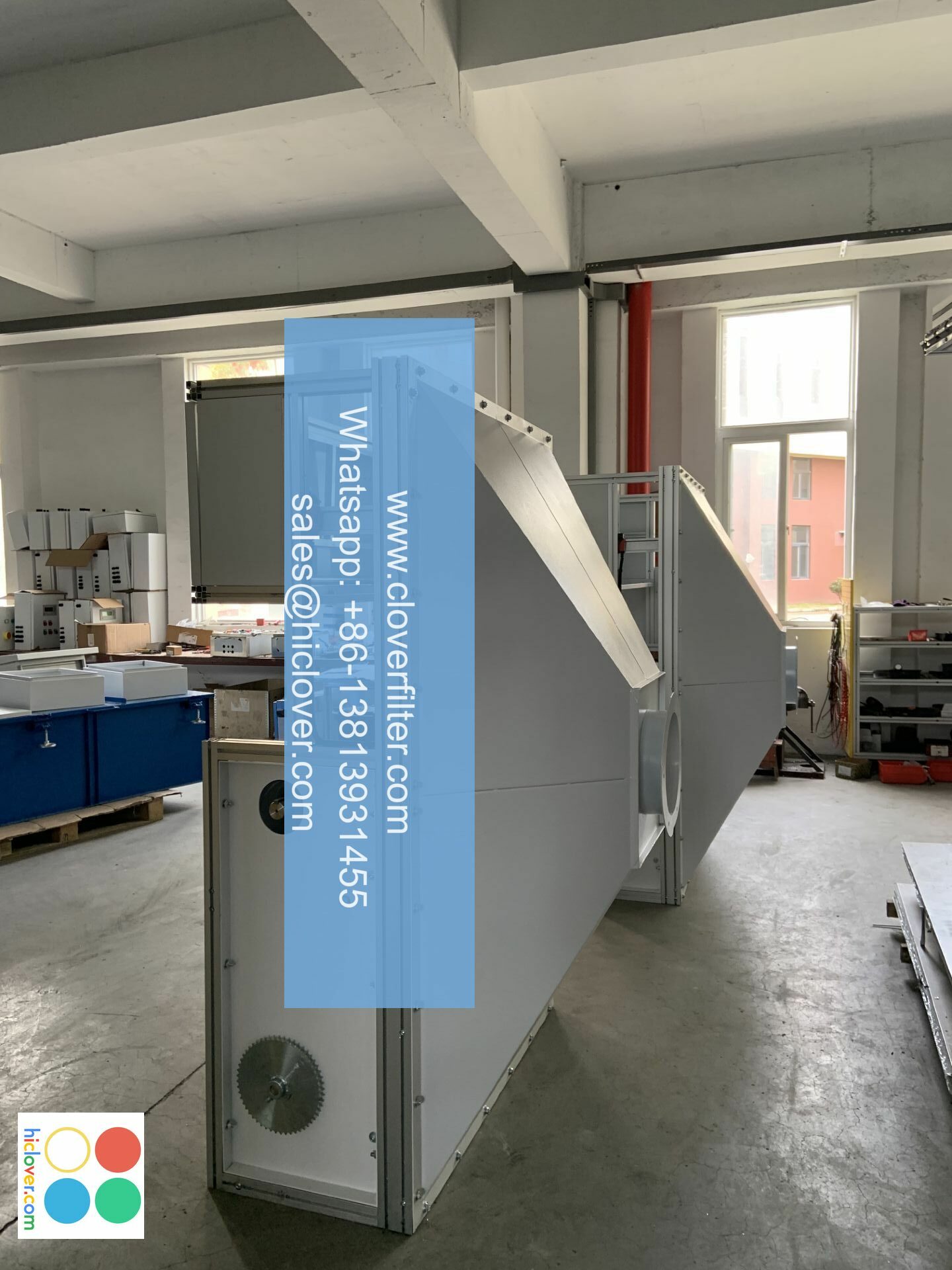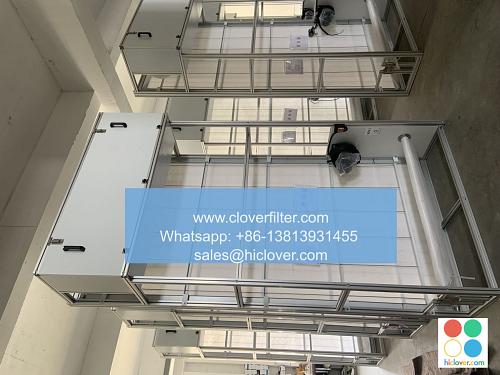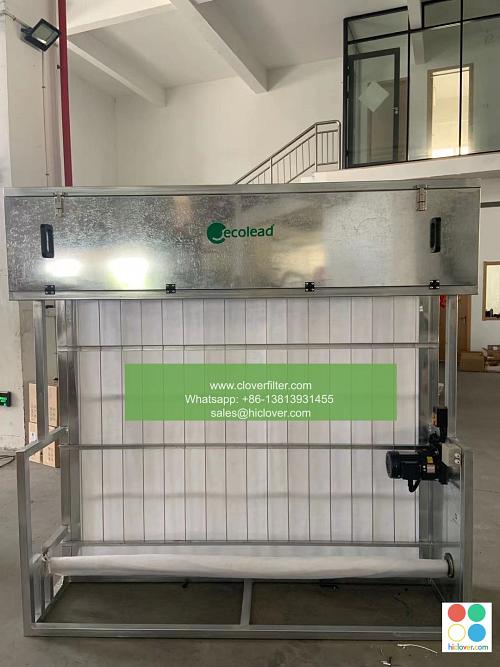The Importance of Air Filters in Commercial Settings

Air filtration systems play a crucial role in maintaining a healthy and comfortable indoor environment in commercial settings, such as offices, hospitals, restaurants, and industrial facilities. The use of high-quality air filters is essential to remove airborne pollutants, allergens, and bacteria, which can have a significant impact on the health and productivity of occupants. In this article, we will highlight the importance of air filters in commercial settings, heating, ventilation, and air conditioning (HVAC) systems, and various application areas.
Benefits of Air Filters in Commercial Settings
The benefits of using air filters in commercial settings are numerous. Some of the key advantages include:
- Improved indoor air quality (IAQ), which can reduce the risk of respiratory problems, such as asthma and allergies
- Increased energy efficiency and reduced energy costs, as air filters can help improve the performance of HVAC systems
- Extended equipment lifespan, as air filters can help protect equipment from damage caused by dust and debris
- Enhanced occupant health and productivity, as clean air can improve cognitive function and reduce absenteeism
- Office buildings, where air filters can help improve IAQ and reduce the risk of sick building syndrome
- Hospitals and healthcare facilities, where air filters can help prevent the spread of infections and improve patient outcomes
- Restaurants and food service establishments, where air filters can help improve indoor air quality and reduce the risk of foodborne illness
- Industrial facilities, where air filters can help improve worker safety and reduce the risk of occupational hazards
- HEPA filters, which are designed to capture 99.97% of particles as small as 0.3 microns
- Activated carbon filters, which are designed to capture gases and odors
- UV air purifiers, which are designed to kill bacteria and viruses
- Portable air filters, which are designed for use in small spaces and can be moved from room to room
- Regularly replacing air filters to ensure optimal performance
- Cleaning air filters to prevent clogging and reduce the risk of mold growth
- Monitoring air filter performance to ensure they are working effectively
Application Areas for Air Filters
Air filters are used in a variety of commercial settings, including:
Types of Air Filters
There are several types of air filters available, including:
Best Practices for Air Filter Maintenance
To get the most out of air filters, it is essential to follow best practices for maintenance, including:
Conclusion
In conclusion, air filters play a critical role in maintaining a healthy and comfortable indoor environment in commercial settings. By highlighting the importance of air filters in HVAC systems and various application areas, we can see the significant impact they can have on occupant health and productivity, energy efficiency, and equipment lifespan. By following best practices for air filter maintenance and selecting the right type of air filter for your commercial setting, you can help create a healthier and more productive indoor environment for everyone. You haven’t asked a question or provided any context. What would you like to talk about or ask?


